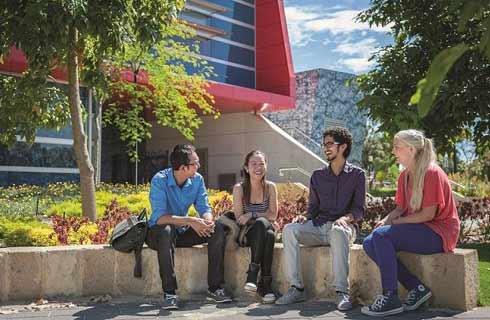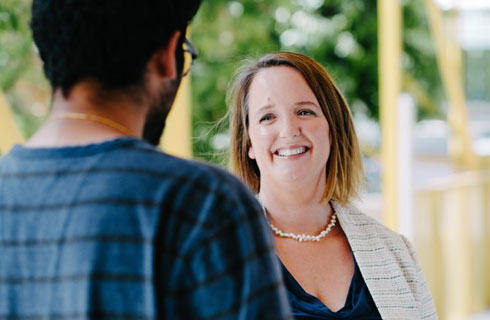硕士临床动物行为
MSc Clinical Animal Behaviour

学历文凭
Masters Degree (Taught)

专业院系
School of Health and Care Sciences

开学时间

课程时长

课程学费

国际学生入学条件
IDP—雅思考试联合主办方

雅思考试总分
6.0
- 雅思总分:6
- 托福网考总分:79
- 托福笔试总分:160
- 其他语言考试:PTE Academic 65 with no score below 59.
CRICOS代码:
申请截止日期: 请与IDP联系 以获取详细信息。
课程简介
It is recommended Clinical Animal Behaviourists work on veterinary referral, helping the owners of companion animals resolve behavioural problems through diagnosis of the problem behaviour and application of individual behaviour modification programmes. This Master's degree follows an evidence-based approach, which aims to develop students' theoretical knowledge and practical skills for the management of problem behaviour in companion animals. It is headed by a team of experts, including Europe's first veterinary behaviour professor, European and Royal College of Veterinary Surgeons specialist, Professor Daniel Mills. Teaching is informed by research and practice, and students have the opportunity to gain experience through material used in teaching from real cases seen in the Department of Life Science's veterinary behaviour clinic. The curriculum is closely aligned to the research conducted in the Department's Animal Behaviour Cognition and Welfare Group. Students are encouraged to develop research skills and may have the opportunity to work alongside academics on high profile projects, many of which are funded by research councils, charities, and commercial bodies.
相关申请
 预科
预科 奖学金
奖学金 实习机会
实习机会 在校学习
在校学习 跨境学习
跨境学习 校园授课-线上开始
校园授课-线上开始 在线/远程学习
在线/远程学习
开学时间&学费
学费信息仅供参考,请与IDP联系以获取详细信息
| 开学时间 | 时长 | 学费 | 地点 |
|---|
学校排名

世界排名601
数据源:
泰晤士高等教育世界大学排名
关于林肯大学

自女王陛下首次揭幕以来,已有超过10万名来自135个国家/地区的多元文化背景的学生选择在林肯大学学习。这些学生是林肯大学一切工作的核心,林肯大学真正关注的是卓越,这一点在许多英国和国际大学排行榜和调查中得到了认可。在泰晤士报高等教育(THE)2021年青年大学排名中,林肯大学被列入世界前150名。林肯位于英格兰东中部地区,对学生来说是一个迷人的地方,其历史可以追溯到公元前300年。这里有欧洲最好的大教堂之一,也有各种商店和酒吧以及屡获殊荣的Brayford Pool校区。林肯有很多东西可以探索,它是林肯城堡的所在地,是很多重要历史人物的出生地,包括艾萨克-牛顿爵士和玛格丽特-撒切尔。林肯大学自2001年以来投资超过3亿英镑,创造了一个以学生为中心的现代化环境,提供了令人难忘的学生体验。该校91%的新毕业生在完成课程后15个月内就业或继续深造,超过70%的人从事高技能工作(2017/18年毕业生成果研究)。由于该机构与业界的紧密联系,很多林肯大学的毕业生进入跨国公司工作,包括劳斯莱斯、BBC、汇丰银行和西门子。林肯大学因其为解决今日社会面临的最严重问题做出的研究发自内心感到自豪。林肯大学的多半研究被最新卓越研究框架评为世界领先或具有国际卓越性。
本校相关课程

理学硕士运动科学
学历文凭
Masters Degree (Taught)
开学日期
课程费用总额


社会工作硕士
学历文凭
Masters Degree (Taught)
开学日期
课程费用总额


硕士/博士学位社会科学
学历文凭
Ph.D.
开学日期
课程费用总额


硕士/博士社会政策
学历文凭
Ph.D.
开学日期
课程费用总额


DClinPsy Psychology
学历文凭
Ph.D.
开学日期
课程费用总额


MPhil / PhD政治
学历文凭
Ph.D.
开学日期
课程费用总额










 英国
英国